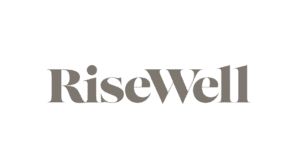As someone who makes his living (in part) from advertising For-Profit Colleges, I have mixed feelings about this. The roll-back will most-likely result in my clients doing more advertising, which is good for me.
And yes, I think personally that past Presidential Administrations over-regulated. Yes, I get that colleges are businesses, and businesses should operate as a free market. Yes I understand that nobody is making anybody enroll in these classes.
But the loans people take out to attend these colleges, are backed by the tax-payer. In effect, the tax-paying public is subsidizing the few for-profit colleges that can compete at scale. So on that end, I think that rolling back these regulations is a bad idea.
On the other hand, nobody every asked whether my Ivy League Art Degree was likely to result in me being gainfully employed. And in fact I drove a cab for a few years to make ends meet, because it was the best job I could find.





















